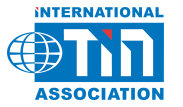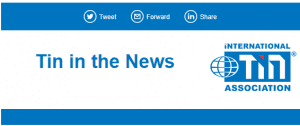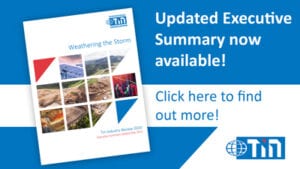In its 2012 annual report, published this week, Malaysian Smelting Corporation says that it will rely on its profitable Malaysian smelting and mining operations and a more cautious foreign investment strategy to move forward, following the heavy losses suffered by its PT Koba Tin subsidiary in Indonesia.
Chairman Norman Ip Ka Cheung said that MSC is still hopeful that the Indonesian government will make a positive decision on an extension of Koba Tin’s contract of work, although the company has made a full provision for the impairment of its investment. The group continues to pursue and evaluate tin prospects in the ASEAN area, Australia and Africa. It has already made an initial entry investment of a 40% stake in a joint venture smelting project with Africa Smelting Corp in the Democratic Republic of Congo. The crude tin will be sent for refining at the company’s smelter in Butterworth, Penang. With a monthly output capacity of 300 tonnes, operations are expected to commence in the second half of this year.
In Malaysia the Rahman Hydraulic Tin mine achieved a record level of production of tin-in-concentrates in 2012, up by 8.4% to 2,179 tonnes. The unit treated 0.93 million cubic metres of ore last year and reduced its energy costs by sourcing a higher proportion of its power supply from the national grid rather than diesel generators. RHT’s resources at the end of the year amounted to 20.5 million cubic metres of ore at an average grade of 1.9 kg/m3, or 38,929 tonnes of contained tin. Some interesting trials are going on around the mine, including growing fruit trees that could be used by Toyota to produce bio-fuels and the use of tin alloy fuel catalysts to improve fuel efficiency and reduce exhaust emissions by its vehicle fleet.


